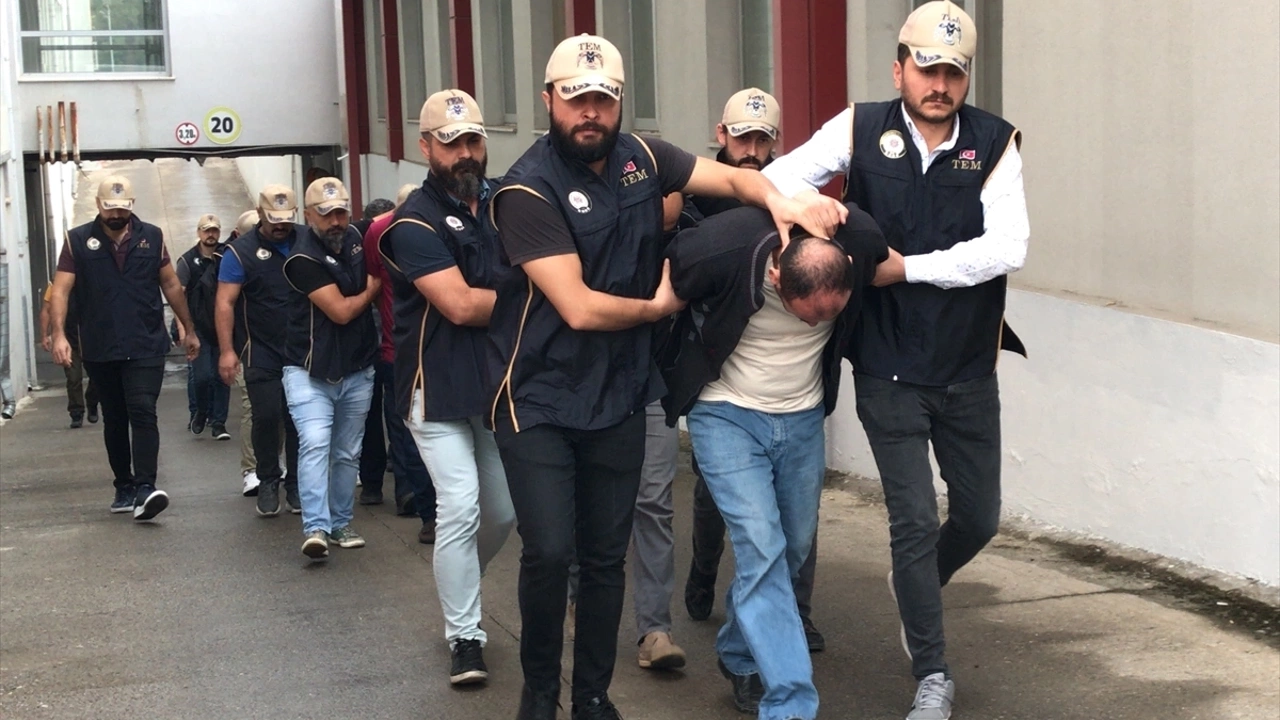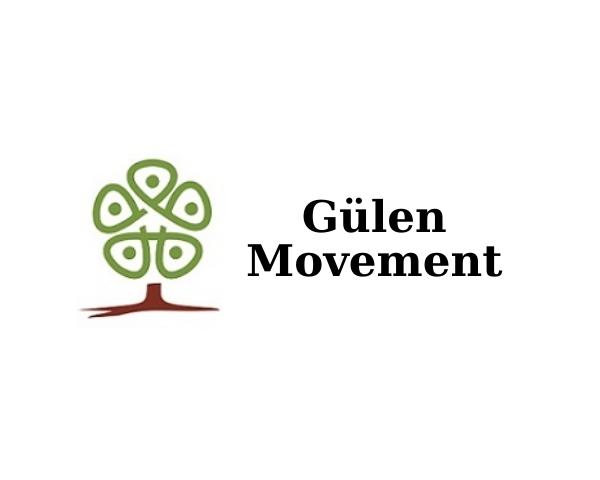Hate Monitoring
Hate speech and hate crimes targeting the Gülen movement and its members in Turkey and around the world are being monitored not only by observing and tracking systematically but also analysing them in reports of related cases.
Hate Speech
Any kind of communication in speech, writing or behaviour, that attacks or uses pejorative or discriminatory language with reference to a person or a group on the basis of who they are, in other words, based on their religion, ethnicity, nationality, race, colour, descent, gender or other identity factor. This is often rooted in, and generates, intolerance and hatred, and in certain contexts can be demeaning and divisive.
Hate Crime
Hate crime is a criminal act motivated by bias or prejudice towards particular group of people.
Hate crime has two main components :
The first one is a criminal offense.
A hate crime has to be an action that constitutes a criminal offense under ordinary criminal law. Basic offenses could theoretically include any criminal offense committed against persons or property or public peace, including manslaughter, assault, harassment, destruction of property, hooliganism, etc. Hate crimes can likewise take the form of petty offenses, misdemeanors, or serious crimes.
The second one is bias motivation.
A hate crime is carried out with a specific motive-bias. This bias or prejudicial motive distinguishes hate crimes from other ordinary crimes. The bias motive is the perpetrator’s prejudice towards the target: victims, premises, or the target of the offense are selected because of their real or perceived connection, attachment, affiliation, support, or membership with a protected group.
Protected Characteristics
Protected characteristics classically comprise race, national or ethnic origin, language, color, religion, gender, age, mental or physical disability, and sexual orientation, but prejudice can also be triggered by other factors (likewise belief and political opinion).
Gülen Movement
Gülen movement is a transnational civil society initiative that advocates for the ideals of human rights, equal opportunity, democracy, non-violence and the emphatic acceptance of religious and cultural diversity. It began in Turkey as a grassroots community in the 1970s.Over the years, the Movement has transformed from a grassroots community in Turkey to a wider social effort around the world where participants come from all walks of life they are culturally, geographically, linguistically and religiously diverse.

Term ‘’FETÖ’’
The term “Fetö” has been widely used as a form of hate speech to target members of the Gülen Movement and individuals associated with them. This expression has been used to symbolize and denigrate members of the Gülen Movement, portraying them as enemies of the state or terrorists without providing evidence or due process. It has been utilized to justify discriminatory practices, including arbitrary arrests, detentions, and dismissals, based solely on perceived affiliation with the movement. Furthermore, “Fetö” has been used to spread misinformation, conspiracy theories, and baseless rumors that fuel prejudice and hostility against the Gülen Movement. This expression has been employed to legitimize human rights abuses, confiscation of assets, closure of institutions, and restriction of freedoms, thereby undermining fundamental human rights. It has also fostered societal divisions, promoted intolerance, and led to social ostracism, harassment, and violence against individuals associated with the movement and their families.
Documents
Present detailed case studies of hate speech and hate crime incidents, highlighting the impact on individuals and communities. These case studies can help raise awareness and foster empathy.

 Tr
Tr


